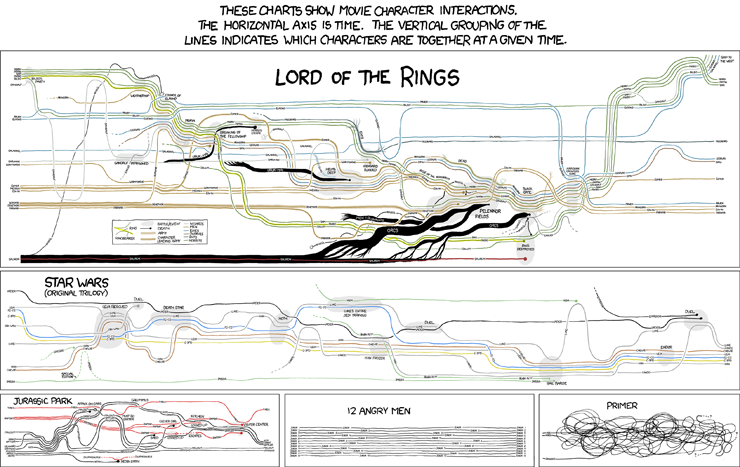Over the past two weeks, I have been reexamining WritAnon’s approach to blogging. Frankly, we want to make sure we’re posting relevant information that helps authors regardless of their stage in their writing life.
This post is the first in our new approach. We welcome comments on both our approach and other noteworthy blogs.
While this is by no means an exhaustive list of the helpful blogs available, but these are the blogs that we at WritAnon agree no writer should miss. We highly recommend subscribing to these blogs in an RSS reader like RSSOwl or Google Reader. This way, you’re notified when there’s a new blog entry, and can save more time for writing.
1. There Are No Rules
There Are No Rules is a blog run by former Writers Digest editor Jane Friedman. She posts lots of useful tips, entries from guest authors, and a weekly “Best Tweets for Writers” article each Sunday.
Jane gives no-nonsense tips, and has posted controversial articles like How to Ensure 75% of Agents Will Request Your Material or useful tips like 4 Ways to Improve Narrative Drive in Your Story. The information published on her blog is always useful and relevant to writers today.
2. SlushPile Hell
SlushPile Hell is written by a self-described “grumpy literary agent” who uses sarcasm and humor to point out mistakes authors make in their query letters.
There are two big advantages to this blog:
- The entries are always quick reads
- The lessons you learn from his (or her) biting criticism will help improve your own query letter mistakes
3. Jody Hedlund
Jody Hedlund recently debuted as the author of The Preacher’s Bride, but she has been blogging for quite a while.
What I enjoy most about her blog is the way she always writes concise, relevant entries that maintain a tight focus. It was actually stumbling across her blog that convinced me that our approach needed to change.
Jody, if you’re reading this, thanks for giving us a great example of a way to do blogging right!
4. The Bane of Your Resistance
The Bane of Your Resistance is written by Roseanne Bane, a creativity coach and author who specializes in unleashing the brain’s potential through science.
One of the neatest articles I’ve seen from Roseanne is how the brain moves from the limbic system (“mammilian” brain) to the cerebral cortex (where most human creative thought occurs). Another favorite is where she talks about distraction in Squirrel!
Roseanne’s tips can help you break out of writing resistance, start writing more regularly, and get more done when you do write.
5. Nathan Bransford
I almost pulled Nathan Bransford’s blog from this list due to late breaking news on Friday. Nathan is (or rather was, in the “changing jobs” sense) a literary agent, but is moving on to the world of social media (see his announcement here).
However Nathan’s past entries are full of good information, and I expect his focus on social media going forward will continue to include relevant writing tips. If nothing else, the blog archives are something that writers should read through for their own education.
What blogs do you never miss? Do you agree with our selections? What else might you recommend?







 Need a website?
Need a website?